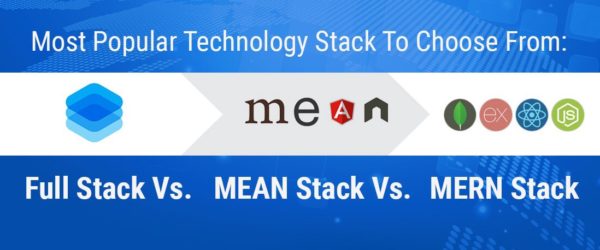Commvault and Microsoft are stretching out their current relationship to integrate Commvault’s data insurance software with Azure Blob Storage.
Azure Blob Storage is a service based on object-based storage enhanced for unstructured data. Commvault last year launched the Metallic software-as-a-service (SaaS) platform, which gives a cloud-based approach to managing data security, that sudden spikes in demand for Azure.
The two companies have promised to stretch out that relationship to align designing endeavors as well as enable their partners to all the more easily exchange both Metallic and Azure cloud services under the same client contract.
Manoj Nair, general manager for the Metallic service, said the Commvault offering presents IT administrators with a basic graphical UI (GUI) and uncovered application programming interfaces (API). That latter capability enables DevOps teams to automate the backup and recuperation process via a cloud service, said Nair.
Rather than having to depend on an IT administrator, the API enables DevOps teams to expel erosion from the data assurance process, he noted.
The greater part of data assurance forms is still managed by IT administrators. Nonetheless, as DevOps forms keep on maturing, data insurance forms are getting increasingly automated. Designers not just want to have the option to instantly recoup data in case of framework failure yet they also regularly use data security apparatuses to move data into and out of distributed computing conditions.
Nair said Commvault selected to broaden its relationship with Microsoft in part because the amount of data being put away in the Azure cloud keeps on expanding exponentially as more organizations adopt Microsoft Office 365, Microsoft Teams, and low-code applications constructed utilizing Microsoft PowerBuilder devices. All in all, those applications increase the amount of data gravity the Microsoft Azure cloud applies. As the amount of data increases in the Azure cloud, the quantity of applications hoping to access that pool of data increases steadily. As that data keeps on developing, Nair said there will be a greater requirement for apparatuses to secure that data.
In general, Nair said many organizations underappreciate the need to back up and recuperate data put away by cloud service suppliers. The assumption is the cloud service supplier will make it conceivable to recoup data in case of failure. In reality, distributed computing is based on a shared obligation model between the end client and the cloud service supplier, under which duty regarding data security—along with all other data management capacities—has a place with the end client.
Obviously, there is no shortage of data security apparatuses available. Many of those depended on today live in an on-premises IT condition. In the wake of the COVID-19 pandemic, intrigue has developed regarding moving data management devices to SaaS platforms that are increasingly accessible. The issue many IT organizations should choose next is whether they want to depend on dedicated IT administrators to manage those procedures as opposed to diminishing expenses by utilizing APIs to automate a lot of routine tasks that nobody in IT especially appreciates managing.





